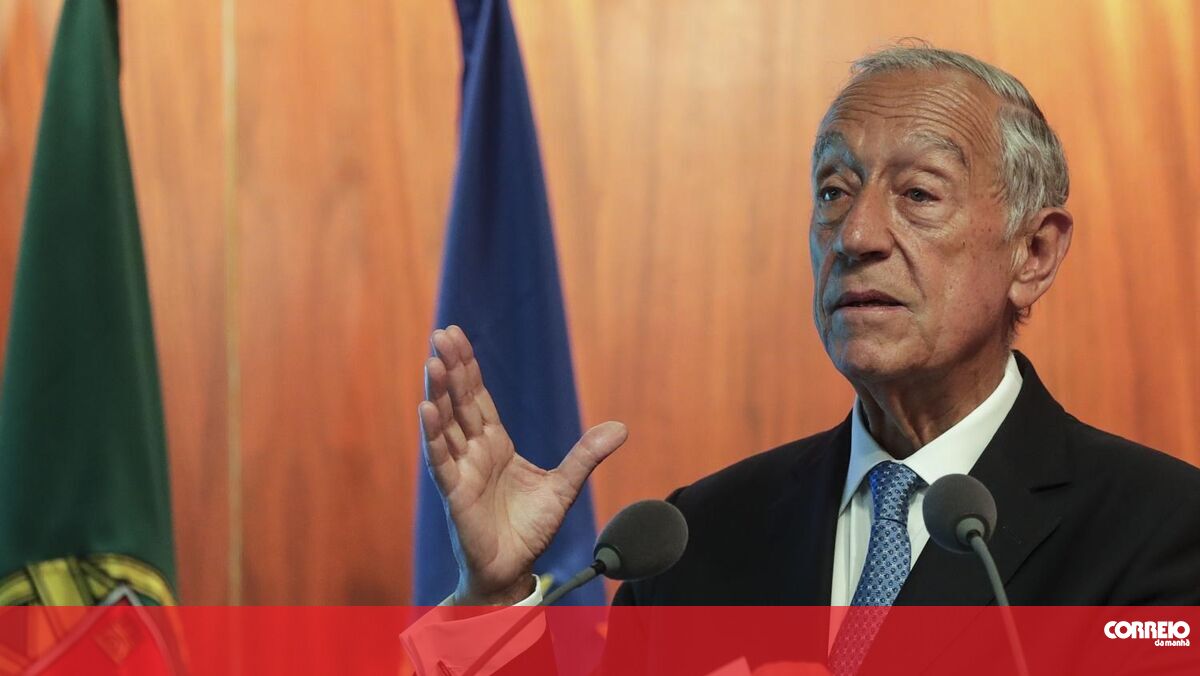The President of the Republic, Marcelo Rebelo de Sousa, unveiled this Sunday a government decree introducing a new regime for temporary remuneration for additional work by doctors in emergency services, highlighting the urgency of this measure.
“Given the urgency of these measures and the fact that the government has confirmed that these hospitals have, within their autonomy, the necessary financial and budgetary reserve for the implementation of these measures in the period from 08/01/22 to 01/31/23, during the “ceiling” provided for in the letter , the President of the Republic put into effect a letter establishing a transitional regime for paying overtime for emergency medical doctors, ”the message posted on the President’s website says.
This letter was approved by the Council of Ministers on July 19 and, according to the Minister of Health, is aimed at creating conditions for stabilizing the work of medical teams in the emergency departments of hospitals, establishing a new wage regime for the additional work of clinicians.
According to Marta Temido, the approved measures are temporary and should be in place for six months, the maximum time the government estimates for finalizing negotiations with trade unions representing doctors.
In practice, the diploma provides for the granting of autonomy to hospital administrations of the National Health Service (SNS) to conclude indefinite employment contracts with specialists who are service providers and which are necessary for the functioning of these medical units.
In addition, it grants boards of directors autonomy for specific remuneration for additional work performed by hospital staff physicians to ensure the smooth running of emergency services.
The values are as follows: 50 euros per hour from 51 hours to 100 hours of overtime, 60 euros from 101 hours to 150 hours and 70 euros from 151 hours of overtime.
The measures have been criticized by trade union structures representing clinicians, such as the National Federation of Physicians (FNAM), who have been skeptical of their effectiveness, warning that they do not address the “root problem” of the SNS, which is a lack of medical workers. .
The Independent Physicians Union (IMU) considered that with this overtime pay certificate, the Government recognized the validity of the union’s arguments and stated that it intended to wait for the text, arguing that “the devil is in the details.”
In recent weeks, obstetrics and gynecology emergency services and maternity hospitals in various regions of the country have been forced to close for certain periods or operate with restrictions due to the difficulty of staffing hospitals with specialist doctors on duty.
On Friday, Marta Temido acknowledged that restrictions were already expected in gynecological and obstetric emergency services at several hospitals this summer and sought to minimize the problems.
“We knew that we would have unforeseen circumstances in the summer, and we always said that there would be an unforeseen operation in the summer,” Marta Temido said at the end of her visit to the works of the new Alentejo Central Hospital in Evora.
According to the official, there are “about 800 obstetricians” in the SNA and each of the “38 reception centers” of this specialty “should have a team” of professionals.
“Therefore, networking, which has always existed, will continue to exist this summer,” she emphasized, answering questions from journalists about air conditioning this weekend in several hospitals.
Author: Lusa
Source: CM Jornal




